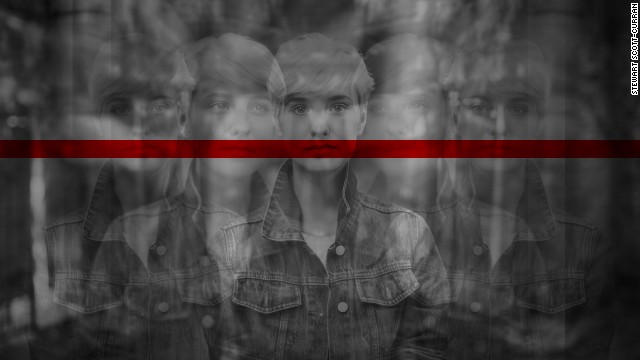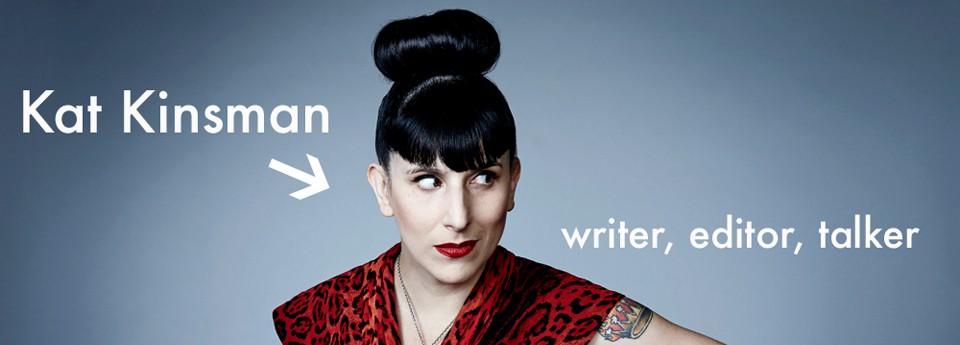
There’s a vocabulary of protection used around the intersex community — of “escape” from sex assignment surgery to normalize their genitals, of PTSD and survivorship, of guilt from some whose bodies remain intact.
There’s also a shared experience of shame, secrecy and disconnection borne of being treated like a physical mistake. They arrived in the world with genetic mutations that affect them at intimate levels, and were taught to believe, often since birth, that their very existence is a condition that needs to be corrected.
The path to romantic connection with another human can feel isolated and impassible. The risk, impossible.
But it doesn’t have to be.
Read — Intersex dating: Finding love across the intersection
